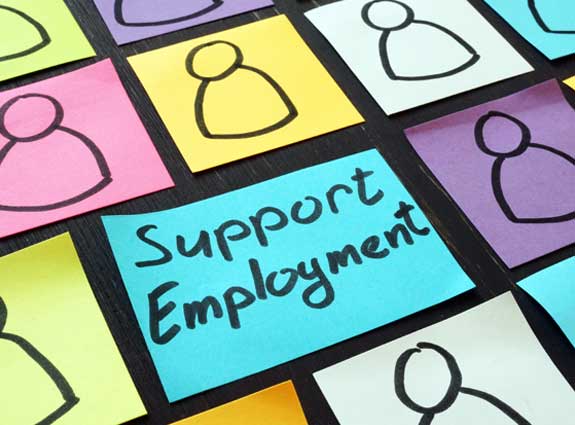Coronavirus: Can we afford it?
Posted 31/03/2020 13:1248% of us have either no savings or less than £1,500. I've taken a look at the figures and it's easy to see how the Coronavirus pandemic is going to cause a lot of people to suffer financially.

For obvious reasons, I have a bit of time on my hands at the moment and was pondering over what my next news article would be about. That got me thinking about where we are financially, as a country, and what our capacity is, as a nation, to “weather this storm”. I didn’t have to look very far, as all the information I wanted is on the ONS (Office of National Statistics) website.
It doesn’t make for great reading. . Here are the key points I have taken from the information offered:
The stats:
According to the Office of National Statistics, the average UK household has:
- £2,466pm disposable income
- £2,537pm living expenses
- £678pm housing debt (mortgages)
- £282pm financial debt (credit cards, loans & finance)
It doesn’t take Einstein to calculate that those figures do not add up, and when we consider that 48% of us have either no savings, or less than £1,500, it’s easy to see how the Coronavirus epidemic is going to cause a lot of people to suffer financially. It’s going to happen fast!
What help is available:
- 3-month mortgage payment holiday - a mortgage payment is most households biggest single expense. Being able to postpone it for 3-months is a real lifeline during these uncertain times. Remember, it does get added to your mortgage balance and will cost you more money over the term of your mortgage. Click here to read my previous post 'How to take a 3-month mortgage payment holiday'.
- Non-mortgage debt - eg. Credit cards, loans and finance agreements. Currently, the non-household debt providers are refusing to offer their borrowers any payment holidays, although this may change over the coming days/weeks.
- Going to work:
- Employed - Furloughed workers are able to still get paid 80% of their wages, up to a maximum of £2,500. Both the employer and the employee have to be in agreement and official notification given to the employee. Employers will not be able to claim until around the end of May. Click here for more information on the gov.uk website.
- Self-employed - if you are self-employed as a sole trader or in a partnership, you can claim for up to £2,500pm, or 80% of your trading profits, whichever is lower. Click here for further information on the gov.uk website
- Self-employed (limited Co. Directors) - most small limited company directors pay themselves an annual wage (PAYE) of £8,632 and any additional income is paid through dividends. This is considered a tax-efficient method to ensure National Insurance payments are met and tax payments are lower. However, the government's Coronavirus Income Support Scheme does not currently include dividend payments in their calculations. Most self-employed directors are therefore only entitled to 80% Coronavirus Income Support of their wage, i.e. £575pm - which isn’t going to help too many small companies out there
- Claiming benefits:
- Universal Credit - is a payment to help with your living costs and is paid monthly. If you are on a low income or out of work, you could be eligible. If you need help to pay your bill or cover other costs whilst you wait for your first Universal Credit payment, you can apply to get an advanced payment. Find out more here.
- Pull equity out of your home:
- Remortgage - if you are on the lenders Standard Variable Rate (SVR) or your fixed-rate period is coming to an end, in the next 3 months, you could look to move away from your current lender, to a new one, and raise some money at the same time.
- Further Advance - if you are tied into your existing fixed-rate period, a further advance could be for you. This is a second part to your mortgage, that is on its own fixed-rate period.
- Secured Loan - these are a good alternative to a further advance if your current lender will not lend you the amount you need, or if they have declined you due to historical credit issues.
If you have enough equity in your home and earn the right amount of money (unaffected by Coronavirus), you have the option of pulling some cash out of your home to help with home improvements, debt consolidation or just to keep some back for a rainy day. There are a few ways to do this:
One saving grace with being on lockdown is that we're not spending much money and I like to think we're all being a bit more responsible with the small amounts of money we do have. The longer Coronavirus is in our lives, the harder hit the economy will be. Let's hope we get this over and done with...sooner rather than later.
In the meantime, we are still very much at work (but at home) and available for any questions you may have.
